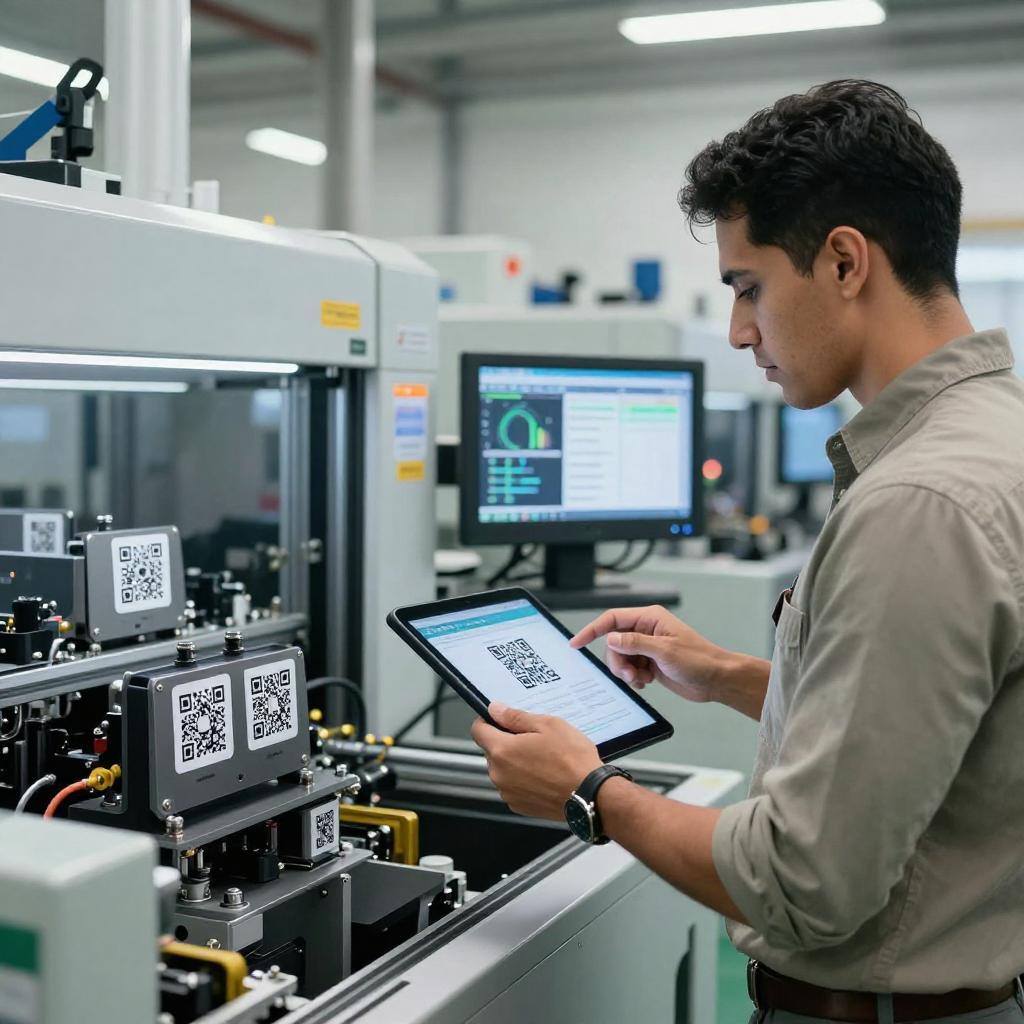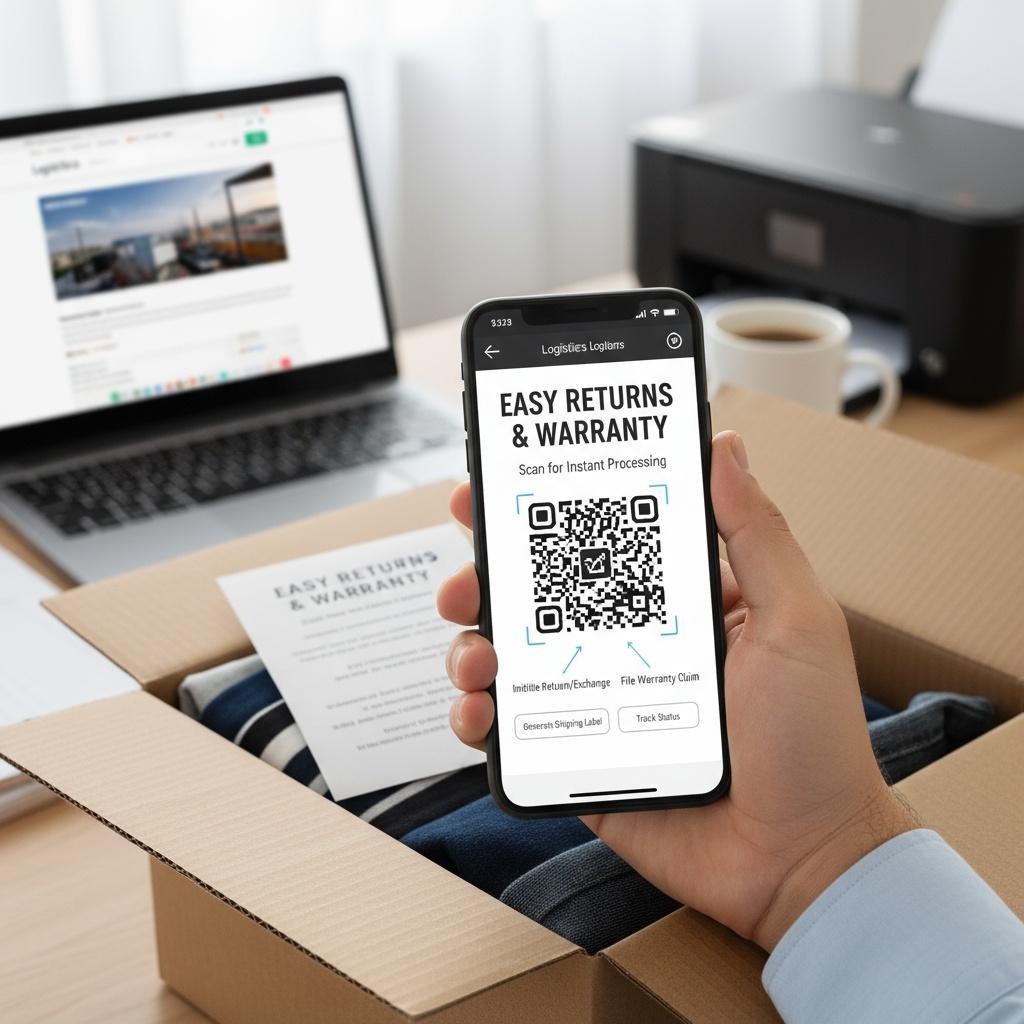

In today’s fast-paced business environment, leveraging technology to enhance customer experience is paramount. QR codes have emerged as a transformative digital tool, streamlining complex processes like product returns and warranty claims. Their integration into business operations not only boosts efficiency but also supports modern marketing strategies focused on customer convenience.
QR codes act as digital bridges connecting physical products to online solutions. They offer a seamless way to access product details, initiate returns, or file warranty claims with just a smartphone scan. Compared to traditional barcodes, QR codes hold far more data and can be dynamically updated, which enhances their utility across various business functions.
Thanks to QR codes, the traditionally cumbersome process of product returns is now more straightforward. Customers scan a QR code on the packaging or receipt to instantly access return policies or generate prepaid shipping labels, eliminating paperwork hassles. This digital transformation tool reduces errors, accelerates processing times, and promotes a paperless return system, aligning well with sustainability goals.
Warranty registration and claim submissions are significantly simplified using QR codes. Instead of manually searching for registration forms, customers can scan a code that takes them directly to a pre-populated warranty registration page. This not only encourages more users to register their products but also provides instant access to warranty details, repair history, and service instructions, enhancing the overall customer experience.
Integrating QR codes into returns and warranty processes delivers operational efficiencies by enabling real-time processing and reducing manual data entry. Additionally, QR codes offer valuable analytics on user behavior and product issues, empowering businesses to refine their product offerings and customer service strategies.
Moving toward QR code-enabled returns and warranty claims also creates a more sustainable approach by minimizing paper use and waste. It cuts printing and administrative costs, proving beneficial for businesses seeking eco-friendly and cost-effective solutions.
Leading companies and logistics providers have embraced QR code returns platforms. For example, FedEx offers QR code-based returns to streamline customer drop-offs and label generation (FedEx Returns with QR Codes). Similarly, specialized platforms like Happy Returns facilitate hassle-free returns powered by QR technology (Happy Returns).
Overall, QR codes are indispensable digital transformation tools that simplify product returns and warranty claims, enhance customer satisfaction, and integrate seamlessly into broader marketing and operational strategies. Businesses that adopt this technology place themselves ahead in delivering efficient, user-centric services while supporting sustainability initiatives.
QR codes represent a pivotal advancement in modern marketing strategies and business digital transformation. By simplifying the process of returns and warranty claims, they not only drive operational excellence but also foster stronger customer relationships through convenience and transparency. As the business landscape continues evolving, incorporating QR codes is a strategic move toward creating effortless, paperless, and responsive customer service experiences.